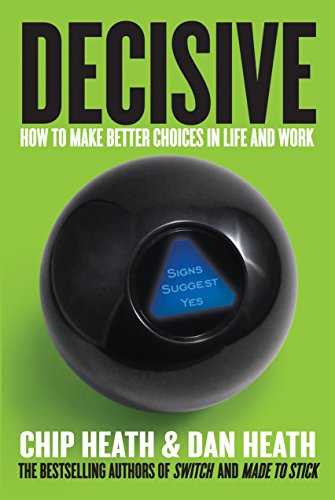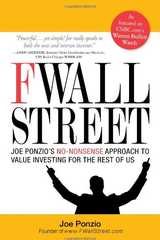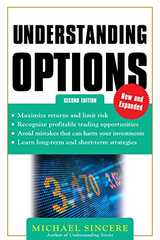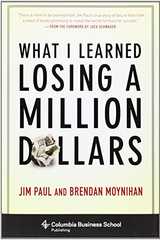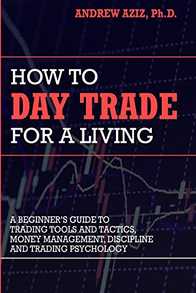
How to Day Trade for a Living: A Beginner's Guide to Trading Tools and Tactics, Money Management, Discipline and Trading Psychology
byAndrew Aziz
A well organized introduction to day trading for beginners, with a detailed overview and deep dive into effective trading tools, strategies and resources applying knowledge of candlesticks patterns backed with effective tools and data sources to find trading opportunities. Andrew goes of the common mistakes that beginner traders make and what the pros usually get fight. At the core of it, is doing effective planning and research, not trading emotionally and having solid self-awareness to determine which trades strategies work well with your personality and setup.
Motivations to Read
Although, I have a very positive long-term outlook on cryptocurriences, the high volatility of the market, makes the prospects of day trading very favorable. I want to learn more about various approaches and tactics that I could potentially incorporate.
3 Reasons to Read
- Learning various trading tools and tactics to day trading
- Learn about candlesticks charts and how to use them to aide your trading decisions
- Learn about the most frequent mistakes beginner trades do and how to avoid them
Notable Quotes
"Rule 3: Day traders do not hold positions overnight. If necessary, you must sell with a loss to make sure you do not hold onto any stock overnight." — Andrew Aziz
"If the price is going to go lower, you may correctly ask, why does your broker allow you to short sell instead of selling stock themselves before the price drops? The answer is that your broker prefers to hold their position for the long term. Short selling provides investors who own the stock (with long positions) with the ability to generate extra income by lending their shares to the short sellers. Long-term investors who make their shares available for short selling are not afraid of short-term ups and downs." — Andrew Aziz
"Individual traders, like you and I, are called retail traders. We can be part-time traders, or full-time traders, but we're not working for a firm and we're not managing other people's money." — Andrew Aziz
"To be a successful trader, you must learn risk management rules and then firmly implement them. You must have a line in the sand that tells you when to get out of the trade. It's going to be necessary from time to time to admit defeat and say, “I was wrong,” or “The setup isn't ready yet,” or “I'm getting out of the way.”" — Andrew Aziz
"A key reason why many traders fail is that they take negative events and losses in trading personally. Their confidence and peace of mind is connected to their trading results. When traders do well, they feel good. When they encounter losses, they become discouraged, doubtful, and frustrated, questioning themselves, their strategy and their career. Instead of dealing directly and constructively with their losses, they react to the emotions triggered by their personalizing of the events." — Andrew Aziz

